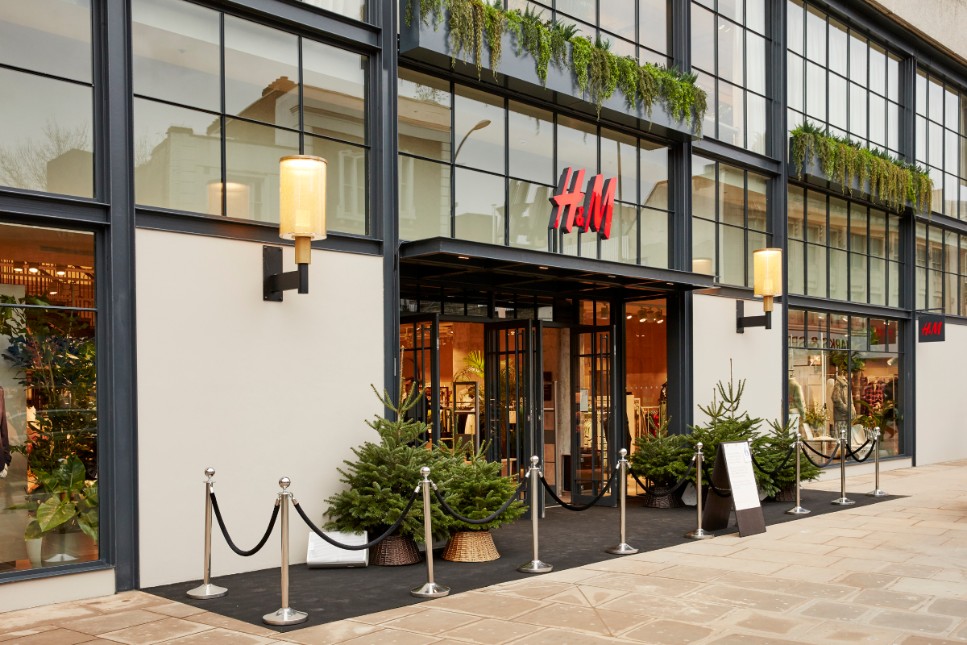Sainsbury’s has announced that it will complete the buyout of 21 stores this week, in deal worth £430 million.
The supermarket has held a 49 per cent stake in 26 Highbury and Dragon sites since they were established in 2000.
It will buy the remaining 51 per cent from real estate investment trust Supermarket Income REIT, keeping 21 sites and selling off five stores.
Sainsbury’s says it has entered into new 15-year leases on four of these stores.
The deal is expected to close on Friday.
"We are pleased to have reached a positive outcome to conclude our joint venture and look forward to continuing to work with Supermarket Income REIT in the future,” said Patrick Dunne, director of group property, FM and procurement, Sainsbury’s.
Sainsbury's is one of the UK's largest food retailers, with more than 600 supermarkets and 800 convenience stores.
The supermarket recently announced that LloydsPharmacy would close all 237 of its Sainsbury's outlets in a move that will impact around 2,000 jobs.
Sainsbury’s confirmed that the closures would take place over the coming months and said it would work with Lloyds to “ensure customers are clear on how they can access an alternative pharmacy provision to meet their needs”.
Latest News
-
Claire’s and The Original Factory Shop face administration after tough Christmas trading
-
Amazon faces class-action price gouging case after US judge rejects dismissal
-
Asos brings returns into sharper focus with app transparency for UK shoppers
-
Morrisons cuts prices of 2,500 items
-
Lidl reports biggest Christmas on record with sales up ten per cent
-
Amazon veteran Satish Guddati quits AWS to join tech startup Auger
Beyond Channels: Redefining retail with Unified Commerce
This Retail Systems fireside chat with Nikki Baird, Vice President, Strategy & Product at Aptos will explore how unified commerce strategies enable retailers to tear down these barriers and unlock new levels of operational agility and customer satisfaction.
The future of self-checkout: Building a system that works for consumers and retailers
In this webinar, industry leaders discussed what the future of self-checkout looks like and how retailers can make the technology work for everyone.
© 2024 Perspective Publishing Privacy & Cookies










Recent Stories